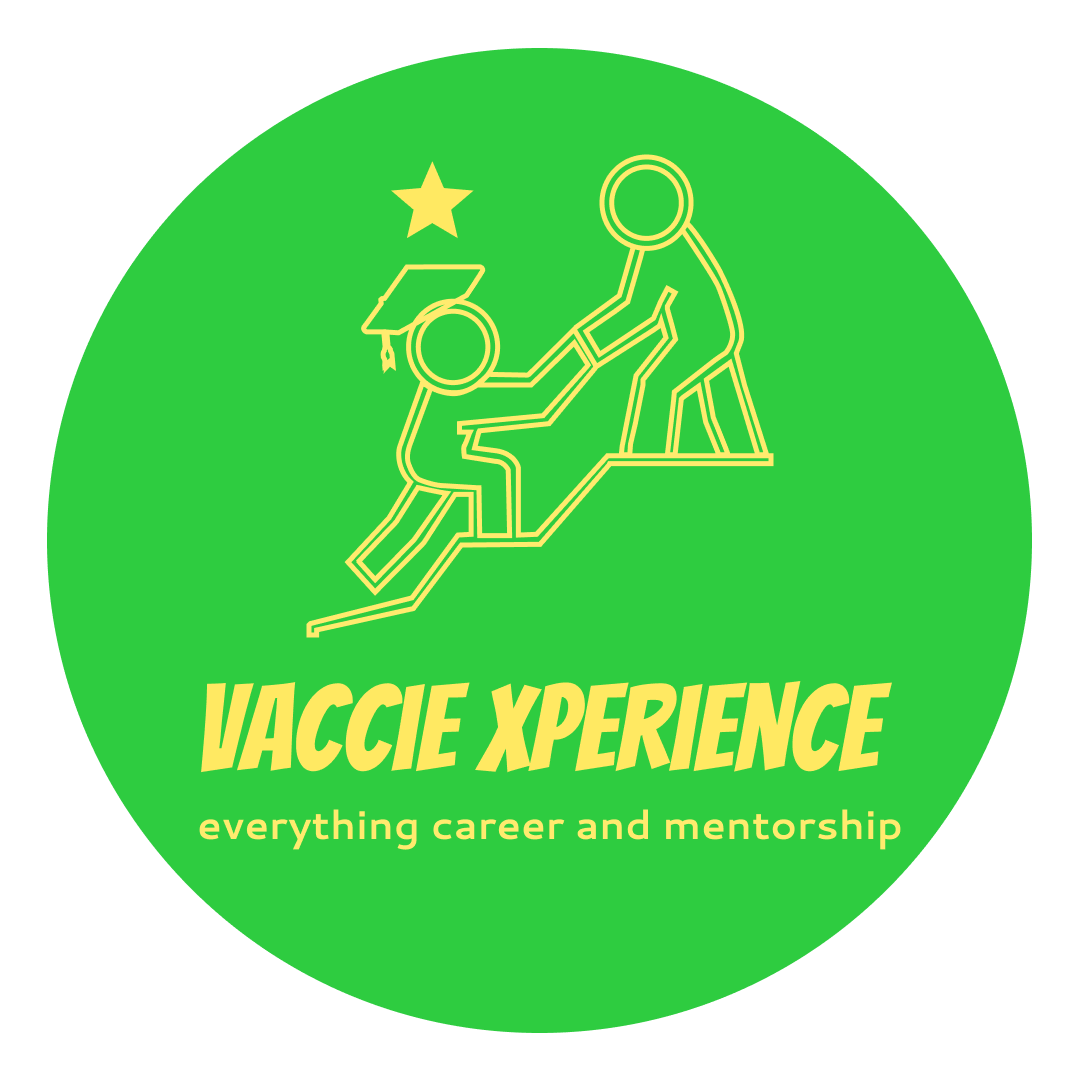"Empowering Futures, One Connection at a Time."
Explore: Curriculum Development Intern
Brief description of the role
Key responsibilities and day to day tasks of the job
Each day, I work closely with the curriculum development team to create well-structured educational content that is both engaging and effective for online learning. This involves conducting research into current educational trends and digital pedagogy to ensure our materials are relevant and based on proven teaching methods. I help draft lesson plans that outline clear learning objectives, activities, and assessments aligned with curriculum standards.
I’m responsible for designing quizzes and interactive exercises that not only test knowledge but also encourage critical thinking and problem-solving skills among students. To make the content accessible and user-friendly, I use content management systems to upload, organize, and format the lessons. I also use basic graphic design tools to add visuals that enhance understanding and keep learners engaged.
A significant part of my role is reviewing existing content to check for accuracy, consistency, and alignment with learning goals. I collaborate with subject matter experts and educators to get feedback and make improvements. Participating in regular team meetings allows me to discuss user feedback, analyze student engagement data, and brainstorm new ideas to improve the learning experience.
Additionally, I learn about the challenges and opportunities involved in delivering education digitally, including accessibility considerations and adapting content for different learning styles and needs. This hands-on experience helps me understand how educational technology is transforming traditional teaching methods and how to design content that maximizes its potential.
Skills most important for success in this role
Instructional Design Knowledge -Understanding how people learn, and how to structure content for different ages, learning styles, or platforms.
Research Skills-Ability to source accurate, up-to-date, and credible information to build lessons or activities.
Creativity & Innovation -Developing engaging, relevant, and interactive learning materials—especially for digital delivery.
Communication Skills- Strong written communication for creating clear, age-appropriate, and accessible content.
Attention to Detail- Catching errors in facts, spelling, and formatting is crucial when developing materials for learners.
Tech Savviness – Comfort using tools like Google Docs, Canva, PowerPoint, Learning Management Systems (LMS), or content creation tools like Genially or Articulate.
School subjects / tertiary courses / required certificates
School Subjects:
English – Strong reading, writing, and communication skills are essential.
Mathematics – Useful for logic, problem-solving, and sometimes curriculum content.
Information Technology (IT) – Basic tech skills help when working with digital platforms.
Education or Psychology (if available) – Helpful for understanding learning theories and child development.
Tertiary Courses:
Bachelor’s degree or diploma in Education, Instructional Design, Educational Technology, or related fields.
Courses in Curriculum Development, Learning Theories, Instructional Design, and Multimedia Design are particularly relevant.
Training in e-learning tools (e.g., Moodle, Articulate, Canva) can be beneficial.
Certificates:
Basic First Aid and Child Protection Training might be required depending on the employer.
Kind of work environment (e.g Office based, remote, fieldwork etc)
The work environment is primarily office-based with flexible remote work options, reflecting the digital nature of the EdTech industry. It’s a collaborative and fast-paced setting where teamwork and communication are key. You’ll spend much of your time working on a computer, using various software tools to develop and upload educational content.
The atmosphere tends to be dynamic and innovative, often involving brainstorming sessions, virtual meetings, and regular feedback loops. While most tasks are desk-based, there’s an emphasis on creativity and problem-solving to adapt curriculum materials for different learning styles and technologies.
Potential career progression opportunities in the field
Instructional Designer / Curriculum Developer:
Design full courses or learning programmes for schools, companies, or online platforms.
Learning Experience Designer (LXD):
Focus on creating user-centred, tech-enhanced learning journeys in digital learning environments.
Education Specialist / Subject Content Developer:
Specialise in developing educational content for specific subjects, curriculums, or assessment standards.
EdTech Product Manager:
Combine content knowledge with tech skills to manage learning platforms or apps.
Training & Development Facilitator:
Design and deliver training for organisations or NGOs—especially in teacher training, soft skills, or youth development.
Curriculum Lead / Education Programme Manager:
Manage large-scale curriculum projects for schools, ministries, or education NGOs.
Policy or Assessment Consultant:
Work on curriculum alignment, education reform, or national exam development.
Entrepreneur / Content Creator:
Start your own education content platform, tutoring service, or resource hub
Are there any internships, work experience or volunteer opportunities that would help gain exerience in this field
Tutoring / Teaching Assistant Roles:
Helps understand learner needs, curriculum structures, and how students engage with content.
Volunteering at After-School Programmes or Literacy Centres:
Gain experience adapting learning materials for real-world settings and diverse learners.
Curriculum Internships with NGOs or EdTech Startups:
Many organisations offer short-term content writing or curriculum design internships.
Creating Your Own Learning Materials:
Designing revision guides, explainer videos, or educational blog posts shows initiative and builds your portfolio.
